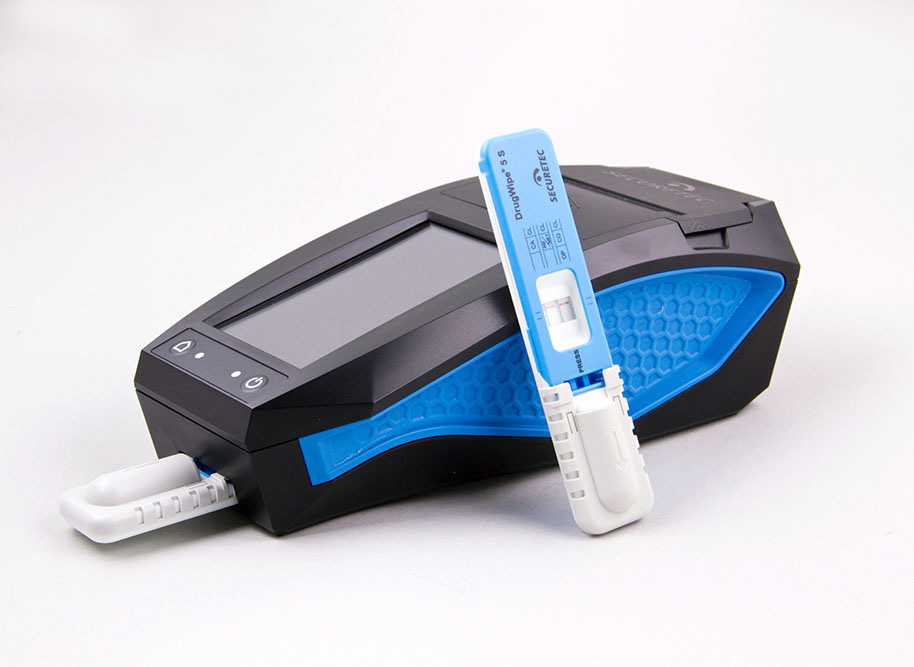
Consumer trend – legal cannabis
Hemp-based products are in vogue right now. We come across them as food and beverage products or cosmetics in the supermarket and organic market or in the form of hemp beer at the off-licence. Hemp oil, hemp cookies, hemp seeds, hemp tea and many more products are available for purchase.
Legality of hemp products
THC guidance values have been established for food products in Germany. According to the German Federal Institute for Risk Assessment, harmful effects are not likely to occur if these guidance values are observed, based on current knowledge. However, there is as yet no standardised European threshold for THC in food products. As a result, imported products may have a higher THC content. For example, hemp powder from Romania with a THC content of 5,490 μg/kg was withdrawn from circulation in Germany.1 The permitted limit is 150 μg/kg.
Cannabidiol is not a controlled substance
Products containing cannabidiol (CBD) are particularly in demand right now. CBD is a natural component of the hemp plant. In terms of its chemical structure, cannabidiol is similar to THC, but its effect on the body is very different. In the healing arts, CBD is used because of its anti-convulsive, anti-inflammatory and anxiety-reducing effects. For example, it is one of the ingredients in drugs for multiple sclerosis patients. In contrast to THC, CBD has no mind-altering side effects and does not fall within the remit of legislation on narcotics.
A booming market for CBD
CBD has been heavily promoted and marketed as a lifestyle product and a legal alternative to THC. In this context, a narrative began to form, which was quickly dismissed by multiple scientists as a modern myth. According to this narrative, cannabidiol can be converted into THC in the human body. While some consumers would no doubt love this to be true, it is nothing more than a fantasy.
The body simply cannot convert CBD into THC. If it could, then the urine of someone who has consumed pure CBD would contain the typical degradation products of THC consumption – 11-OH-THC or THC-carboxylic acid. But it doesn’t. If you test the urine of someone who has consumed CBD, you will find only CBD and its degradation product CBD-glucuronide. In addition, studies have shown that test subjects who have consumed CBD do not experience the high that is typical of THC. These two facts disprove the myth.2
Swiss hemp cigarettes
However, it cannot be assumed that all CBD products are entirely free of THC. Cigarettes containing CBD have been on sale in Switzerland since 2018. In addition to CBD, these also contain THC. Their THC content is below Switzerland’s legal limit of 1%. Despite this, researchers at the Forensic Institute at the University of Basel in Switzerland demonstrated that, in the first few hours after consuming one of these cigarettes, THC concentration in the blood exceeds the legal limit of 1.5 ng/ml. This means that, from a legal point of view, people are not in a position to drive a vehicle if they have just smoked a CBD cigarette. The researchers explicitly recommend avoiding driving a car for several hours after smoking.3
Important to know
DrugWipe ensures reliable detection of THC consumption. However, DrugWipe does not react to CBD. Therefore, an individual who tests positive and uses the pretext that he or she has only consumed a legal CBD product can be easily refuted!
1 Nahler et al., Cannabis and Cannabinoid Research, Volume 2.1, 2017
2 Meier et al., Forensic Science International, 291 (2018)
3 Federal Institute for Consumer Protection and Veterinary Medicine (2000)
Image source: Adobe Stock copyright kostrez 228796724



